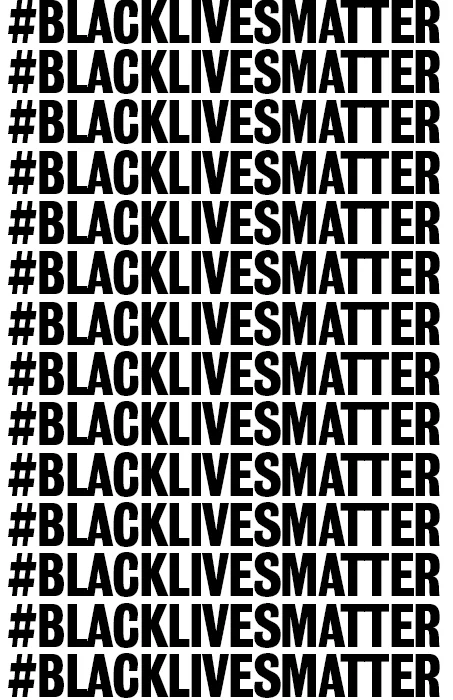US Bank's Next Chapter: Your Digital Future and Seamless Financial Access
Title: Forget Fintech, Bank-Grade Crypto Is HERE: U.S. Bank Just Leveled Up The Game
Okay, folks, buckle up, because this isn't just another headline – it's a signal flare. U.S. Bank, PwC, and the Stellar Development Foundation (SDF) are teaming up, and what they're cooking up is nothing short of a quantum leap for digital finance: bank-grade stablecoins on the Stellar network. When I first read about this, I honestly just sat back in my chair, speechless.
This isn’t just about faster transactions or lower fees, it’s about trust. It's about taking the wild west of crypto and building a Main Street right through it.
The Trust Factor: Why This Matters
We've seen the promise of crypto: decentralized, borderless, efficient. But let's be real, it's also been plagued by volatility and regulatory uncertainty. What U.S. Bank is doing here, testing custom stablecoin issuance on Stellar, is bridging that gap. It's like finally getting a dial tone on your interstellar communicator.
Mike Villano from U.S. Bank gets it. He's talking about the "ability to unwind transactions, the ability to clawback transactions," the kind of consumer protections we take for granted in traditional banking. This isn't about stifling innovation; it's about responsible innovation. It’s about building a system that people can actually rely on.
Think about it: Stellar was designed from the ground up for moving money and issuing assets. We're talking 99.99% uptime, billions in annual payment volume, and settlement in seconds at a fraction of a cent. Stellar provides regulated institutions with the reliability, configurability, and global reach they need. It's like taking the reliability of a Swiss watch and combining it with the speed of light.
José Fernández da Ponte, President and Chief Growth Officer at SDF, says it best: "When you are doing mission critical systems, when you are doing financial services, and you are moving consumers’ money, you need to make sure that your blockchain is going to be there." So we are very honored to have the confidence of US Bank and our partners at PWC. We take that confidence and that trust very very seriously.”

What does this mean for you? Imagine a world where sending money across borders is as easy as sending a text message, where financial services are accessible to everyone, regardless of their location or income. That's the vision here.
But let's not get carried away. With great power comes great responsibility. As we build this new financial infrastructure, we need to be mindful of the ethical implications. We need to ensure that it's used for good, that it empowers individuals and communities, and that it doesn't exacerbate existing inequalities.
U.S. Bank isn't just sitting still, either. They're expanding across the Southeast, hiring new bankers to serve businesses in areas where they don't even have branches. Dee O'Dell, head of business banking sales at U.S. Bank, mentioned they're planning to hire at least a dozen bankers in the next six months in states like Alabama, Florida, and Georgia. Why is this relevant? Because it shows they're serious about growth and reaching more people, blending the digital with the human. More details on this expansion can be found in U.S. Bank hires up for greater Southeast growth.
And while PNC Bank is closing some branches, they're also opening new ones and investing in technology to automate services. The whole industry is in flux, trying to find the right balance between physical presence and digital convenience.
What we need is a coherent framework to manage the evolving landscape: a ladder of licenses and charters tailored to specific activities and risks. Each rung on that ladder would come with tailored regulatory expectations and requirements, benefits and privileges.
The Dawn of Bank-Grade Crypto
This collaboration isn't just a step forward; it's a paradigm shift. It's about unlocking equitable access to the global financial system, making the rails beneath everyday financial services more inclusive, interoperable, and efficient. Institutions have arrived. New financial infrastructure is taking shape now and U.S. Bank, PwC, and SDF are working to unlock the next wave of digital banking.
